Ford mirrored the push by several other automakers to delay production of its electric vehicles, by pushing back its anticipated all-electric SUV and next-generation electric pickup truck. It also revealed plans to grow its hybrid offerings to meet growing demand for them.
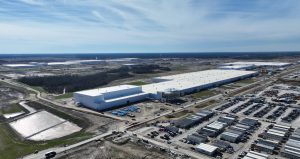
Ford is delaying the production of its next-generation electric pickup as well as its large electric SUV.
The Dearborn, Michigan-based automaker pushed back its plans to begin production of an all-new large battery-electric sport-utility vehicle from 2025 to 2027. The company is in the midst of a revamping its Oakville, Ontario plant to accommodate the new EV.
It’s also pushing back production of its next-generation electric pickups at its new BlueOval City facility near Memphis, Tennessee. That vehicle was expected to come out in the fall of 2025, but now won’t arrive until sometime in 2026.
However, Ford officials did confirm plans to expand its hybrid offerings to cover its entire Ford Blue lineup in North America. The company noted its EV sales rose 86% in the first quarter while its hybrids jumped 42% on a year-over-year basis.
“As the No. 2 EV brand in the U.S. for the past two years, we are committed to scaling a profitable EV business, using capital wisely and bringing to market the right gas, hybrid and fully electric vehicles at the right time,” said Jim Farley, Ford president and CEO.
Rethinking the plan
Ford has been losing money on its electric vehicles, Farley noting recently the company lost $37,000 on each Ford F-150 Lightning it sold. It also lost $4.7 billion overall on its EV business in 2023. A stagnation of EV sales in the second half of last year in the U.S. caused many automakers, including Ford, to rethink the speed of their EV development and production.
General Motors, Hyundai, Kia, Toyota, Honda and others are currently in the process of revamping their EV and hybrid production plans in the U.S. Most recently, Hyundai revealed its plans to build hybrids as well as electric vehicles at its previously EV-only plant under construction near Savannah, Georgia.
The pause in sales came because consumers, while warming up to the idea of an electric vehicle, were now struggling with the nascent EV charging infrastructure in the U.S. A run of stories chronicling difficulties finding and using high-speed chargers around the country placed seeds of doubt in the minds of potential buyers.
Even Farley ran into issues while driving a Ford F-150 Lightning EV with his teenaged son, candidly revealing the problems on his social media outlets.
More Ford Stories
- Ford CEO Farley Reveals “Skunkworks” Program Developing Low-Cost EV
- Ford bringing two off-road EVs to the Chicago Auto Show
- First look: 2025 Ford Explorer is heavy on tech
Dedicated products
While the sales slowdown in 2023 gave automakers pause, the recent move by the Environmental Protection Agency to ease EV requirements starting in 2027 over its initial proposal and further incentivized the development and sale plug-in hybrid vehicles.
However, the change doesn’t mean Ford has put a pin in its EV development. Just in the opposite in fact as Farley created a small dedicated team — he called it a “skunkworks” — focused on the design and development of vehicles that are dedicated electric vehicles, not revamped designs of gas-powered vehicles.
“Our breakthrough, next-generation EVs will be new from the ground up and fully software enabled, with ever-improving digital experiences and a multitude of potential services,” Farley noted.
Alan Clarke leads the growing team, which includes personnel from Auto Motive Power (AMP) following Ford’s acquisition of the EV energy management startup in late 2023.
In the meantime, construction is progressing at BlueOval Battery Park Michigan, in Marshall, Mich., and at the BlueOval SK joint venture battery plants in Tennessee and Kentucky.

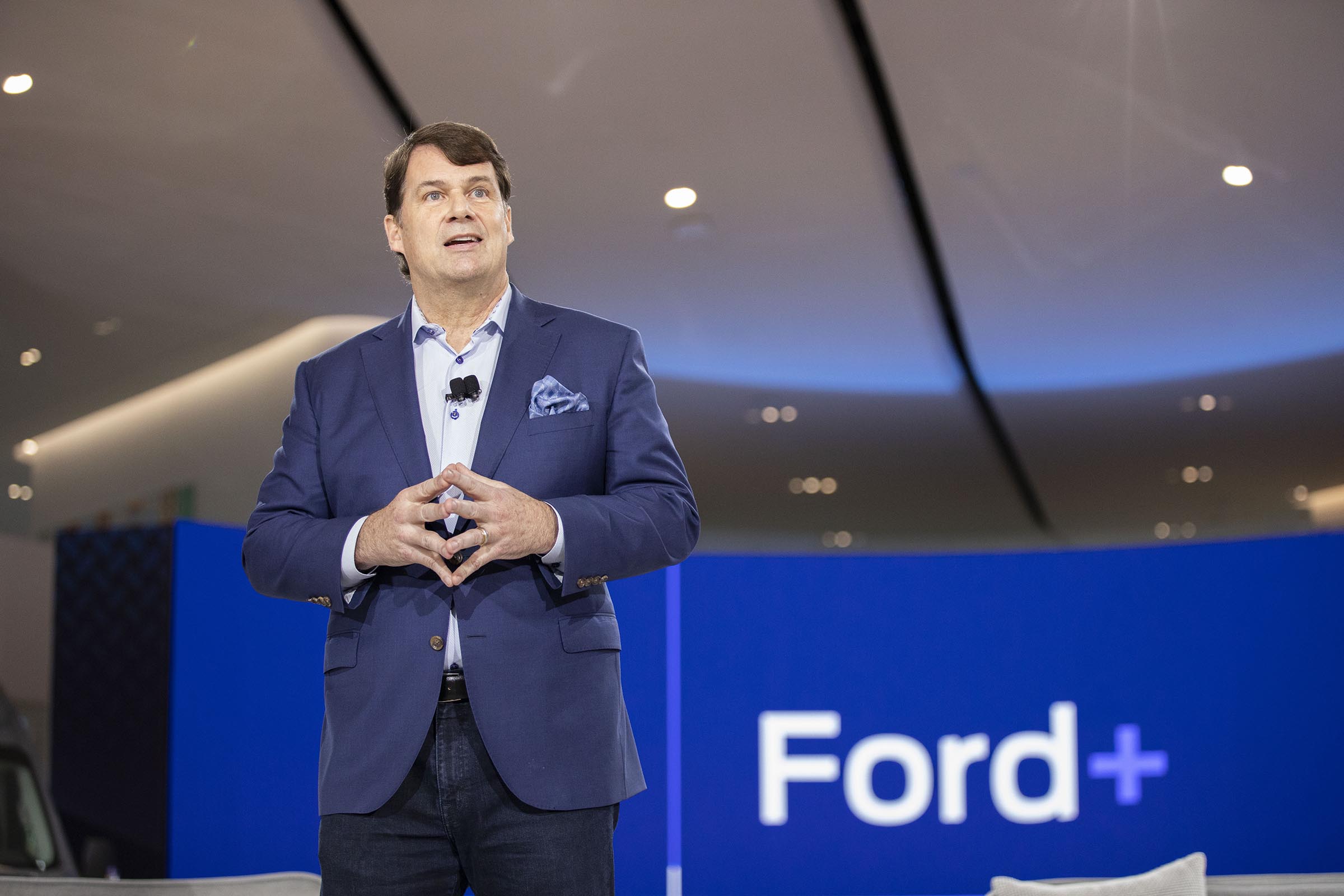
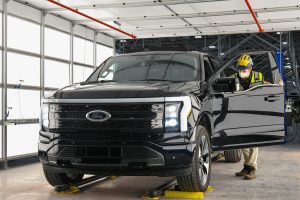
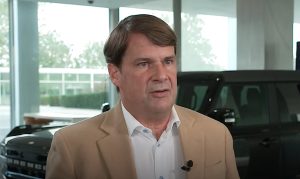

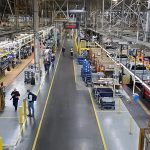
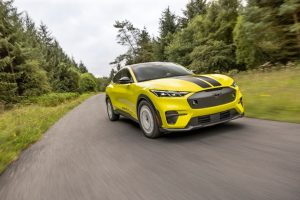
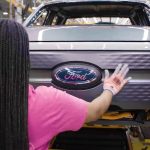
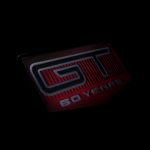

0 Comments